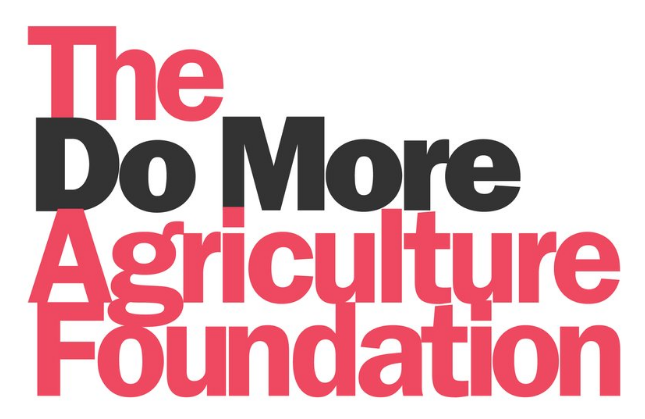 By Lesley Rae Kelly
By Lesley Rae Kelly
Have you ever tried to fix an ongoing lack of energy by getting more sleep — only to do so and still feel exhausted?
If that’s you, here’s the secret: Sleep and rest are not the same thing, although many of us incorrectly confuse the two.
We go through life thinking we’ll feel rested by getting a full night’s sleep but in reality we are missing out on the other types of rest we desperately need, especially during those peak busy periods like harvest and calving or stressful times, like increased restrictions, cases and divisiveness around Covid-19. The result of only focusing on a few hours of sleep to feel fully rested is a culture of high-achieving, high-producing, chronically tired and chronically burned-out individuals. We’re suffering from a rest deficit because we don’t understand the true power and potential of rest.
Rest deficit or exhaustion can look like the following symptoms:
-
You get easily irritated or have low patience
-
You have a strong desire to be alone, socially withdraw
-
You struggle to follow conversation
-
You have difficulting sleeping
-
Your every action feels like a sacrifice
-
You have low energy and feel drained
-
You have stopped caring about your stressors; “checked out” mentally and emotionally from things
-
You have a hard time concentrating or remembering things
-
You have physical symptoms like stomach pains and/or headaches
-
You find yourself focusing on the negative
-
You feel overwhelmed and frazzled
Let’s learn to give ourselves permission to rest. Think of your rest or emotional capacity as a bucket. Your bucket may look different from someone else’s as we all have different buckets depending on our genetics, life events, age, health and more. Flowing into the bucket are all areas of your life that can cause stress and exhaustion – farm pressures, family pressures, finances, weather, disagreements with neighbours, not eating well, lack of sleep and rest and more. All of these add water to our bucket and eventually, the water will overflow. We’ve now hit our emotional capacity peak and our mental and physical health is impacted. We’ll start to feel burnout, exhaustion, and an increase of symptoms of depression or other mental illnesses and unable to cope with life the way we once did. To stop our bucket from overflowing, we need to add holes to let the water flow out in a healthy way. Self care rituals and routines and different types of rest is a healthy way to add those holes, let the water out and restore your bucket again.
Rest should equal restoration in seven key areas of your life.
Physical rest – Ensuring your body can recharge by allowing it to slow down and repair. Examples: Naps, earlier bedtime, restful lunch breaks.
Mental rest – We need to recharge when it’s hard to concentrate or our observations are hyper critical/judgemental. Examples: Turn off devices, affirmations, music
Emotional rest – Offloading emotional baggage and sharing vulnerability with a trustworthy listener. Examples: Talking to a friend, therapist, and/or support group
Social rest – Restoring ourselves through connecting with others. Examples: Time with friends that affirm us, coaches, mentors, playing a team sport, connecting with self
Creative rest – Breaks for creativity to re-energize resources and gain inspiration. Examples: Read a good book, walk in nature, cooking, looking at art, woodworking
Sensory rest – Retreating from sensory overload by reconnecting with yourself. Examples: Turning off devices, journaling, fresh air, breathing exercises
Spiritual rest – We need to feel anchored and realigned with our sense of purpose and harmony. Examples: Reading scriptures or philosophy, volunteering, meditation
Don’t use rest as a reward for being productive. If you need a break, you need a break. It’s not something that you should make yourself earn at the cost of your mental health or your bucket overflowing. Sleep alone can’t restore us to the point where we feel rested. So it’s time for us to begin focusing on getting the right type of rest we need and deserve.
If you or someone in your family or farm team are going through a hard and stressful time and/or feeling exhausted or overwhelmed, reach out. For more resources visit domore.ag/resources.
Lesley Rae Kelly is a farmer and co-founder of the Do More Agriculture Foundation in Canada.
 Do More Ag was established in 2018 to promote mental health awareness, well-being, and research; as well as to empower producers to take care of their mental health through education, training, and public awareness. The foundation is also dedicated to creating a community of belonging, support and resources on mental health. Visit www.domore.ag for more information.
Do More Ag was established in 2018 to promote mental health awareness, well-being, and research; as well as to empower producers to take care of their mental health through education, training, and public awareness. The foundation is also dedicated to creating a community of belonging, support and resources on mental health. Visit www.domore.ag for more information.